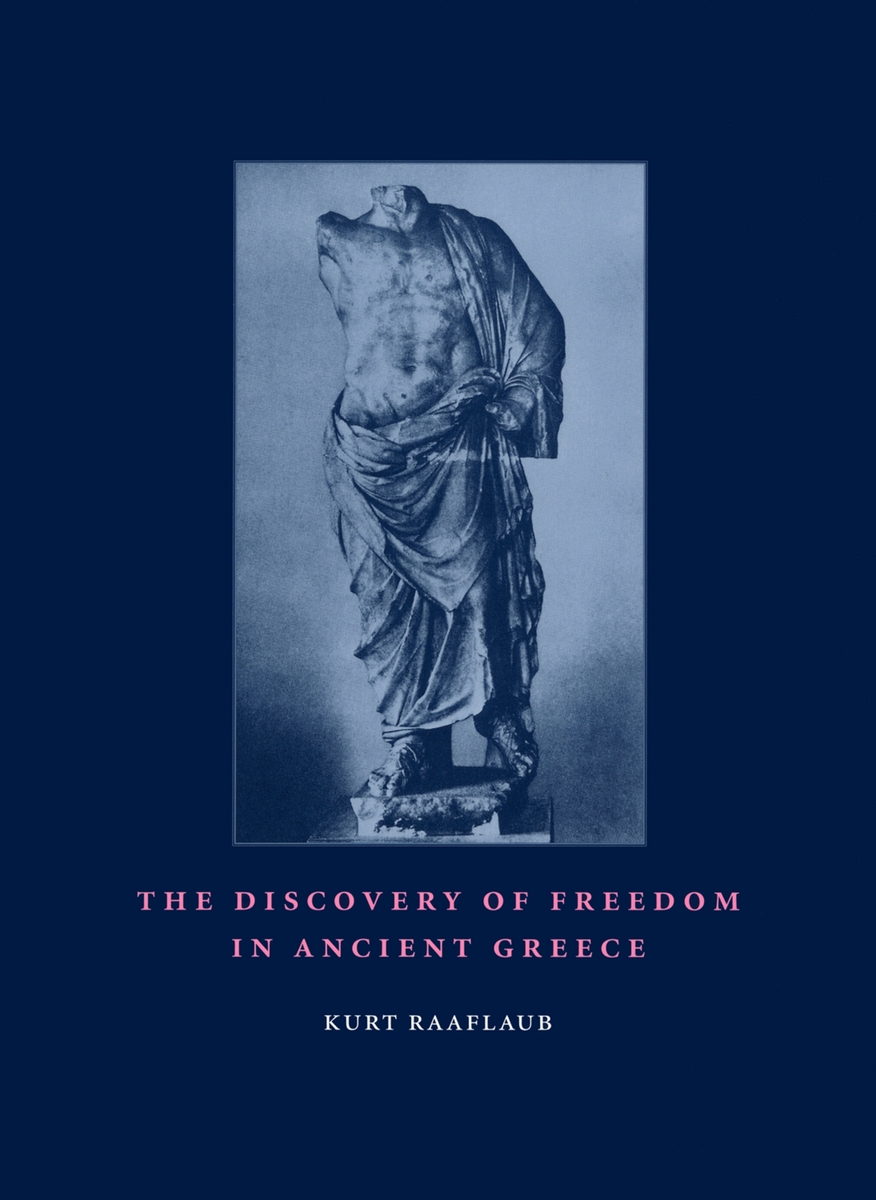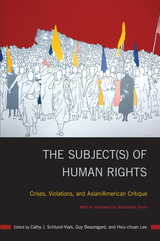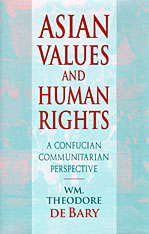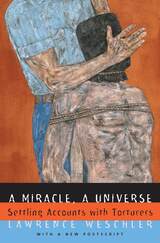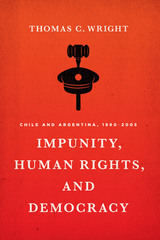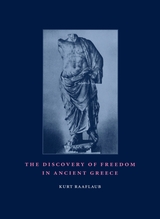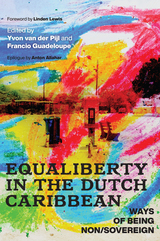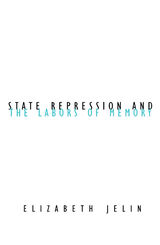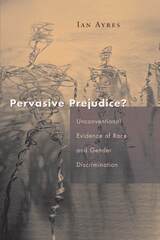The Discovery of Freedom in Ancient Greece: Revised and Updated Edition
University of Chicago Press, 2003
Cloth: 978-0-226-70101-1
Library of Congress Classification JC599.G73R3313 2004
Dewey Decimal Classification 323.440938
Cloth: 978-0-226-70101-1
Library of Congress Classification JC599.G73R3313 2004
Dewey Decimal Classification 323.440938
ABOUT THIS BOOK | AUTHOR BIOGRAPHY | TOC
ABOUT THIS BOOK
Although there is constant conflict over its meanings and limits, political freedom itself is considered a fundamental and universal value throughout the modern world. For most of human history, however, this was not the case. In this book, Kurt Raaflaub asks the essential question: when, why, and under what circumstances did the concept of freedom originate?
To find out, Raaflaub analyses ancient Greek texts from Homer to Thucydides in their social and political contexts. Archaic Greece, he concludes, had little use for the idea of political freedom; the concept arose instead during the great confrontation between Greeks and Persians in the early fifth century BCE. Raaflaub then examines the relationship of freedom with other concepts, such as equality, citizenship, and law, and pursues subsequent uses of the idea—often, paradoxically, as a tool of domination, propaganda, and ideology.
Raaflaub's book thus illuminates both the history of ancient Greek society and the evolution of one of humankind's most important values, and will be of great interest to anyone who wants to understand the conceptual fabric that still shapes our world views.
To find out, Raaflaub analyses ancient Greek texts from Homer to Thucydides in their social and political contexts. Archaic Greece, he concludes, had little use for the idea of political freedom; the concept arose instead during the great confrontation between Greeks and Persians in the early fifth century BCE. Raaflaub then examines the relationship of freedom with other concepts, such as equality, citizenship, and law, and pursues subsequent uses of the idea—often, paradoxically, as a tool of domination, propaganda, and ideology.
Raaflaub's book thus illuminates both the history of ancient Greek society and the evolution of one of humankind's most important values, and will be of great interest to anyone who wants to understand the conceptual fabric that still shapes our world views.
See other books on: Ancient Greece | Discovery | Freedom | Liberty | Revised
See other titles from University of Chicago Press
